Introduction
In the contemporary, rapidly evolving landscape, automation stands as a cornerstone in diverse industries. Particularly noteworthy is its role in seamlessly executing repetitive tasks, where robots outshine their human counterparts. Unlike humans, robots exhibit distinctive qualities that render them exceptionally efficient and reliable in undertaking monotonous activities. In the following blog post, we will delve into key reasons elucidating why robots emerge as the superior choice for repetitive tasks.
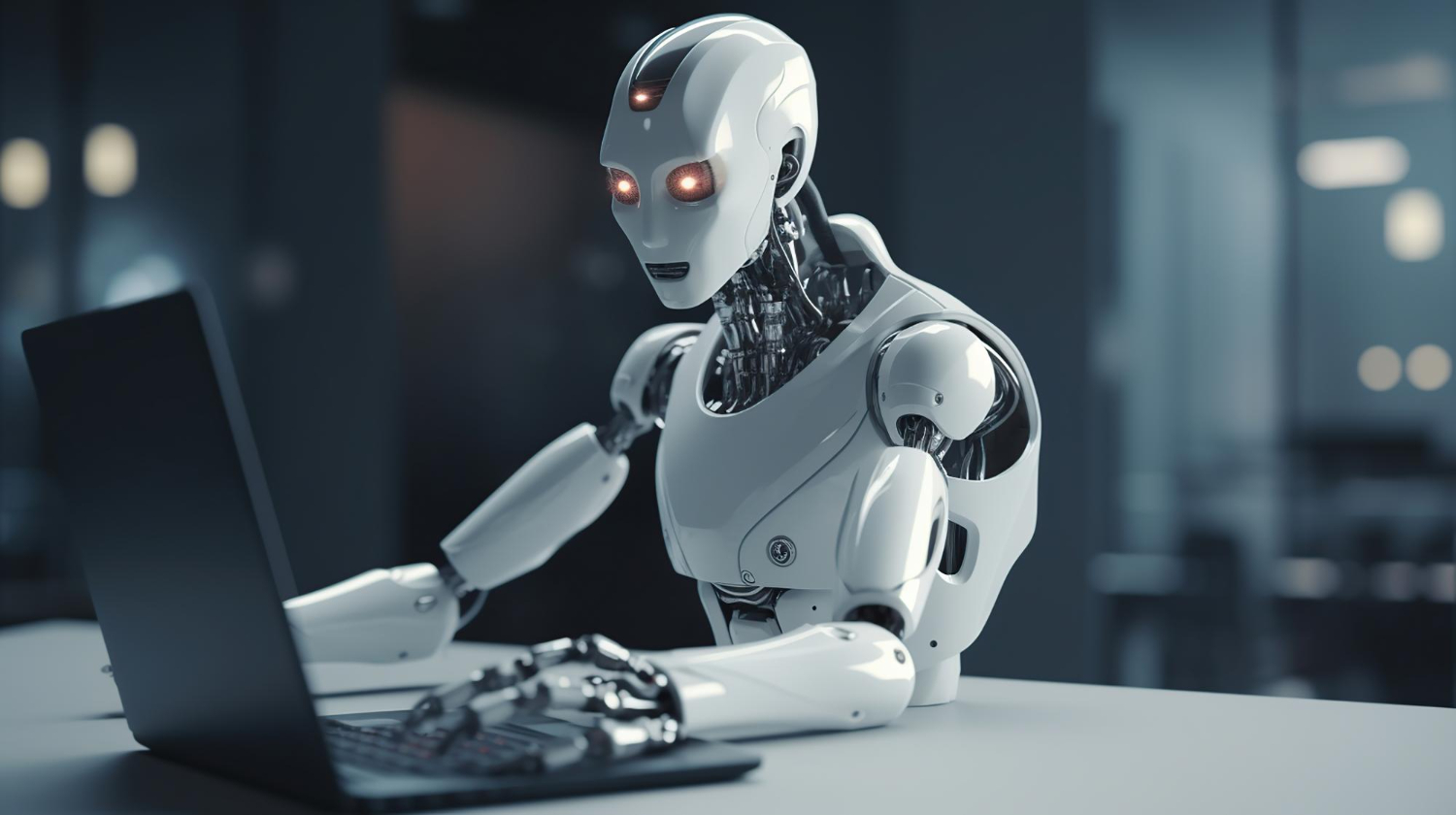
1.What is robots
A robot is a machine that is programmed using computer code to perform various tasks. Unlike traditional machines, robot’s often have the ability to interact with their environment and make decisions based on the information they receive. Designed to autonomously execute specific functions or operate under human control, robots manifest in diverse forms and sizes. This ranges from the use of industrial robotic arms in manufacturing to the deployment of small, sophisticated robots in fields such as healthcare and exploration. Their programming allows them to execute precise and repetitive tasks efficiently, contributing to increased productivity and the exploration of new frontiers in technology.
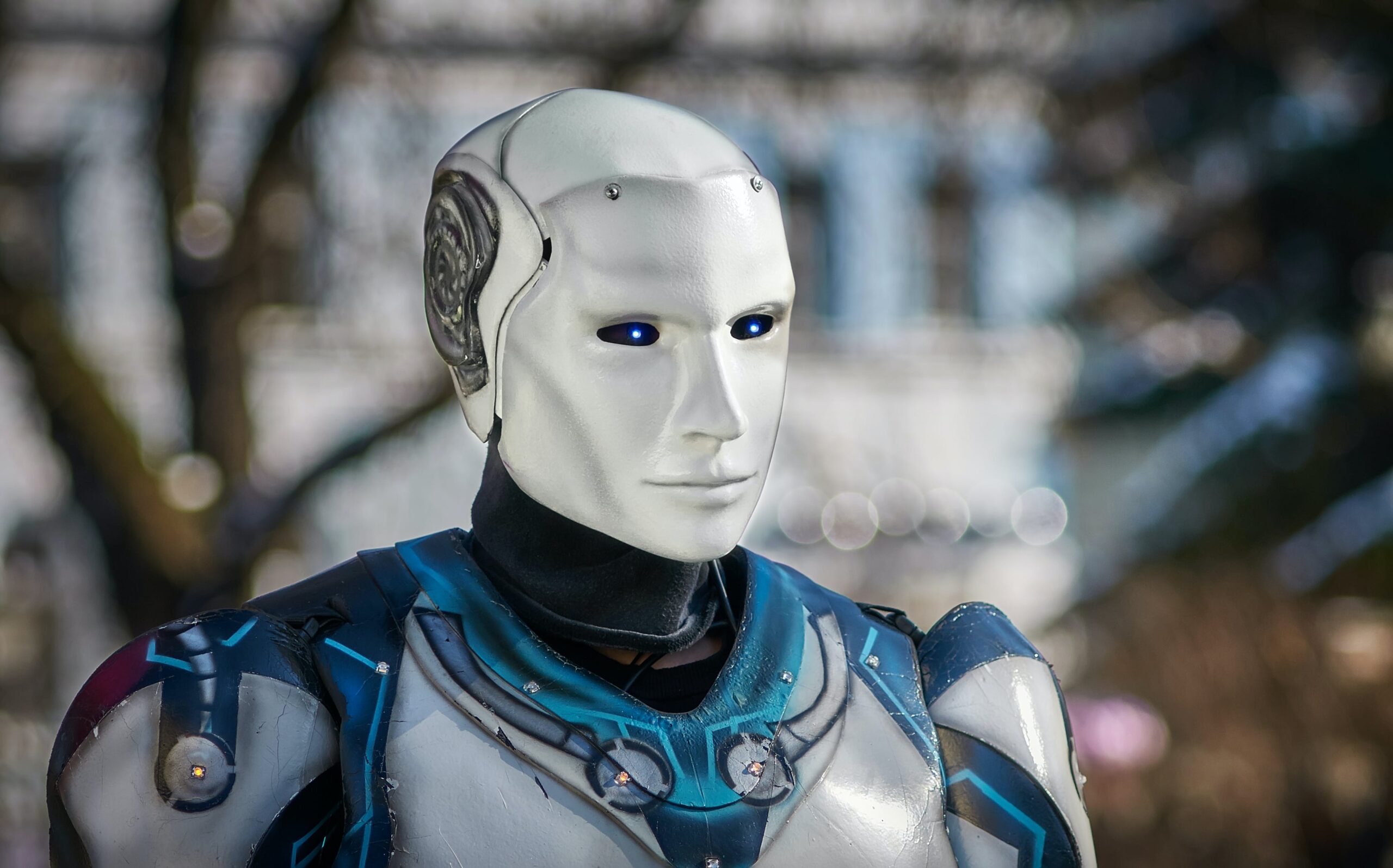
2.Types of robots
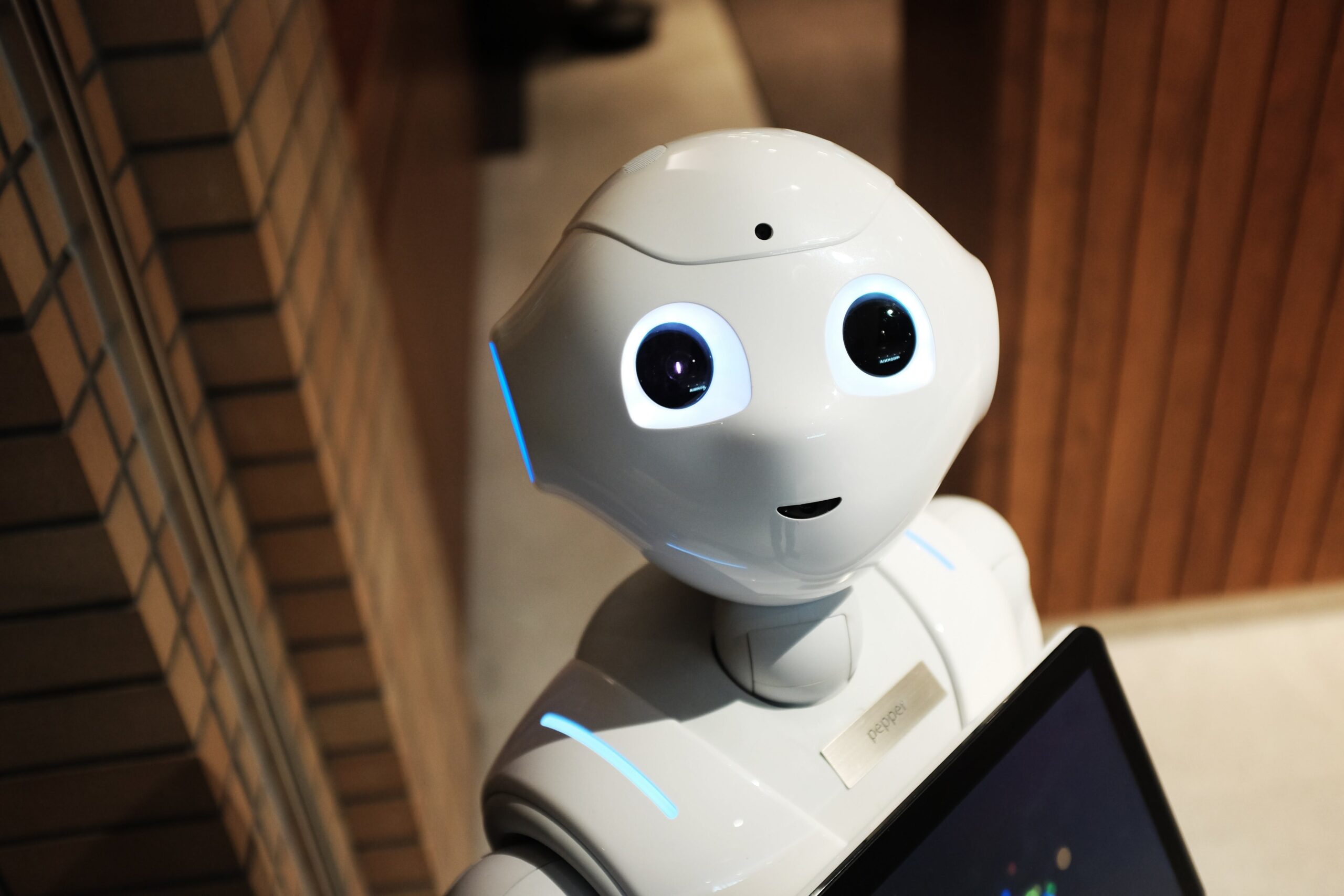
- Axis Robots or Articulated Robots: Use rotary joints to achieve various movements.
- Entertainment Robots: Created for leisure and amusement purposes.
- Healthcare Robots: Assist in patient care, rehabilitation, and medical procedures.
- Humanoids: Resemble human beings in appearance and behavior.
- Spherical Arms: Operate within a spherical workspace, often used for precision tasks.
- For more…
3.Difference between robot and human
Robots: Robots are constructed from metallic alloys, conductive wires, advanced sensors, micro-components, and potent power cells.
Humans: Humans are composed of intricate tissues, specialized cells, intricate neurons, and dynamic biochemical processes.

4.Why are robots better at doing repetitive tasks than humans?
Because the human brain comprises both the conscious and subconscious mind, it operates under two distinct conditions. The conscious mind oversees our emotions, regulates breathing, and manages vital functions like heart pumping, while also defending against bacteria and viruses. Meanwhile, the subconscious mind is responsible for coordinating body movements and other functions. Humans engage in a variety of daily tasks and responsibilities, each unique to their lives. In contrast, robots are designed to perform specific tasks based on their programming. This is a key reason why humans may find certain repetitive tasks challenging, as compared to robots.
Some tasks at which robots are better than humans:
1.Executing Repetitive Manufacturing Tasks:
Robots demonstrate consistent precision and speed in performing tasks like product assembly, welding, or painting within manufacturing settings.
2.Conducting Precision Surgery:
In specific surgical procedures, robots, equipped with precise instruments, can enhance accuracy, reduce invasiveness, and minimize recovery times.
3.Operating in Hazardous Environments:
Robots excel in tasks involving toxic substances, deep-sea exploration, or the management of nuclear materials, where human safety is a concern.
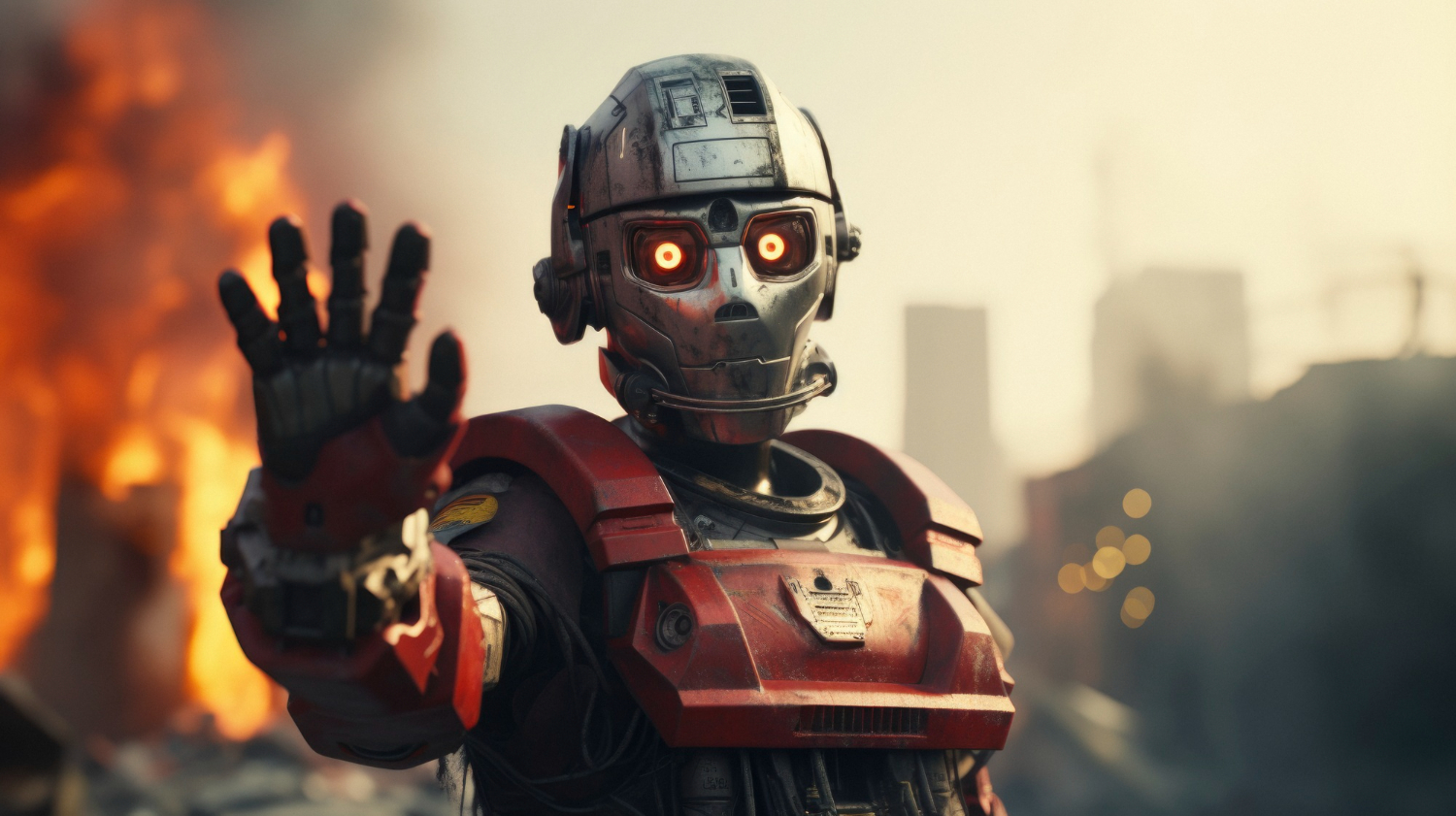
4.Analyzing Data:
In fields such as finance, research, or data processing, robots, armed with advanced algorithms, can swiftly and accurately analyze vast datasets.
5.Processing Repetitive Information:
Artificial intelligence systems enable robots to efficiently process and analyze large volumes of data, performing tasks like data mining, pattern recognition, and language processing.
6.Handling Monotonous or Dangerous Tasks:
Robots can effectively manage monotonous or perilous tasks, such as routine inspections in confined spaces or the handling of hazardous materials.
7.Performing High-Precision Tasks:
Equipped with advanced sensors and actuators, robots excel in tasks requiring extreme precision, including microsurgery or intricate electronic component assembly.
8.Autonomous Vehicles:
The advancement of technology has led to the development of robots, taking the form of self-driving cars and drones, revolutionizing the realm of transportation. These autonomous vehicles hold the potential to significantly enhance road safety, alleviate traffic congestion, and streamline transportation logistics.
9.Agriculture:
Within the agricultural sector, the integration of robotic technology, also known as agribots, is reshaping traditional farming practices. These robots are adept at executing tasks such as planting, harvesting, and weeding. By doing so, they not only amplify operational efficiency but also diminish the reliance on manual labor, thereby optimizing the utilization of resources in farming.
10.Construction:
Construction sites, characterized by repetitive and labor-intensive tasks, are witnessing a transformation with the inclusion of robotic solutions. Construction drones and robotic arms, for instance, play a pivotal role in tasks like bricklaying, welding, and concrete pouring. This not only accelerates the pace of construction but also ensures heightened precision and accuracy.
5.What can robots do but humans can’t
- 24/7 Operation: Unlike humans who require rest and sleep, robots can function continuously without breaks, rendering them ideal for tasks demanding constant attention or monitoring.
- Operating in Hazardous Environments: Robots can be deployed in environments that pose hazards or challenges for humans, such as extreme temperatures, radioactive areas, or disaster-stricken zones.
- Precision in Extreme Conditions: Robots can execute tasks with precision in environments where humans might encounter difficulties, such as underwater, in outer space, or within hostile climates.
- Memory and Recall: Some robots possess the ability to store and retrieve vast amounts of information with perfect accuracy, rendering them valuable for tasks like data retrieval and analysis.
- Repetitive Tasks: Robots excel at executing repetitive tasks without experiencing boredom or making mistakes. This is particularly advantageous in manufacturing, where consistency is crucial.
Conclusion
In conclusion, the contemporary landscape sees automation, particularly robot’s, revolutionizing industries by excelling in repetitive tasks. Unlike humans, robot’s, composed of metallic alloys and advanced sensors, are specifically designed for precision and efficiency. The human brain, with its dual conscious and subconscious functions, may struggle with monotonous tasks compared to robot’s. From manufacturing and precision surgery to hazardous environments and data analysis, robot’s showcase consistent precision and reliability. The integration of robotic technology in agriculture, construction, and autonomous vehicles underscores their transformative impact. As technology evolves, robot’s become not just tools but innovation catalysts, reshaping industries and optimizing resource utilization. In essence, the era of automation, driven by robot’s, signifies a leap toward heightened efficiency, precision, and safety across various domains.


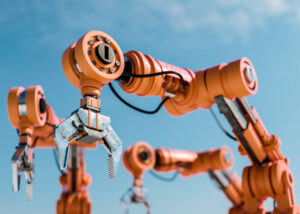
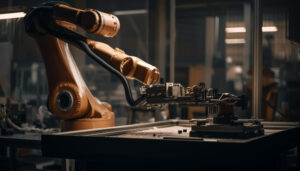

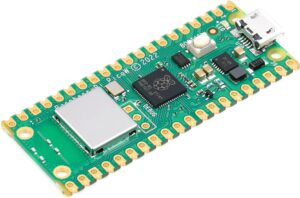
2 thoughts on “Why are robots better at doing repetitive tasks than humans?”